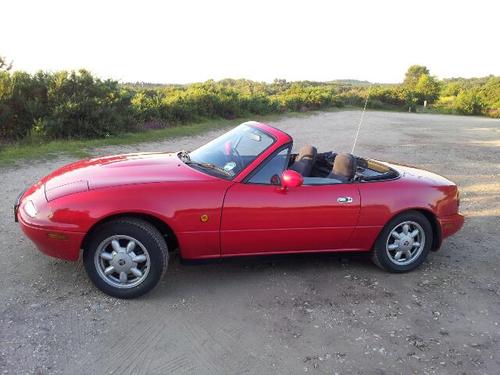How should we be interacting with #supercomputers in ~3 years time? Adopt modern productivity focused languages (eg Julia), stick to proven #Fortran+MPI, use #software abstractions (or domain specific libs), or maybe voice control? Share + comment + #vote now ... #HPC
@hpcnotes Almost all future #supercomputers that have been announced have some kind of hardware acceleration in them, so I think it is going to be MPI with a software abstraction layer (CUDA/RoCM/Syscl) for the accelerator. #Fortran support for them is critical.
@hpcnotes I think the way forward is Julia + MPI + abstractions for performance portability. Which is how we are building @ClimateMachine
@hpcnotes I voted Fortran + MPI. The real answer is a mix of that and productivity languages as appropriate.
@hpcnotes How is VR/AR not an option... Didn’t you see Swordfish, Minority Report? It’s clearly the future!
@hpcnotes I voted high productivity languages because of the wording "how should we interact". The stuff that'll actually run the bulk cycles will probably be classical MPI apps and abstraction approaches. Where did voice control come from? 😳
@hpcnotes I voted for Productivity Languages. However three years is a tight timescale. But if you dont try to move forward you get fossilised.
@hpcnotes "productivity language" is highly subjective. Let's say I ask you to debug and optimize a code you have not written and with little to no documentation. In order to maximize your productivity, which language do you hope the code was written in?
@hpcnotes I voted voice control: computer, solve problem xyz! :)
@hpcnotes Three years is too short a period for any thing modern to take hold. I voted Fortran + MPI and equivalent as I believe they will continue to be significant in the next 5 years at least if not longer. The new productivity languages need time to evolve.
@hpcnotes Direct neural interface, coupled with brain imaging for user support. Actually, (user) brain imaging might be useful right now.













